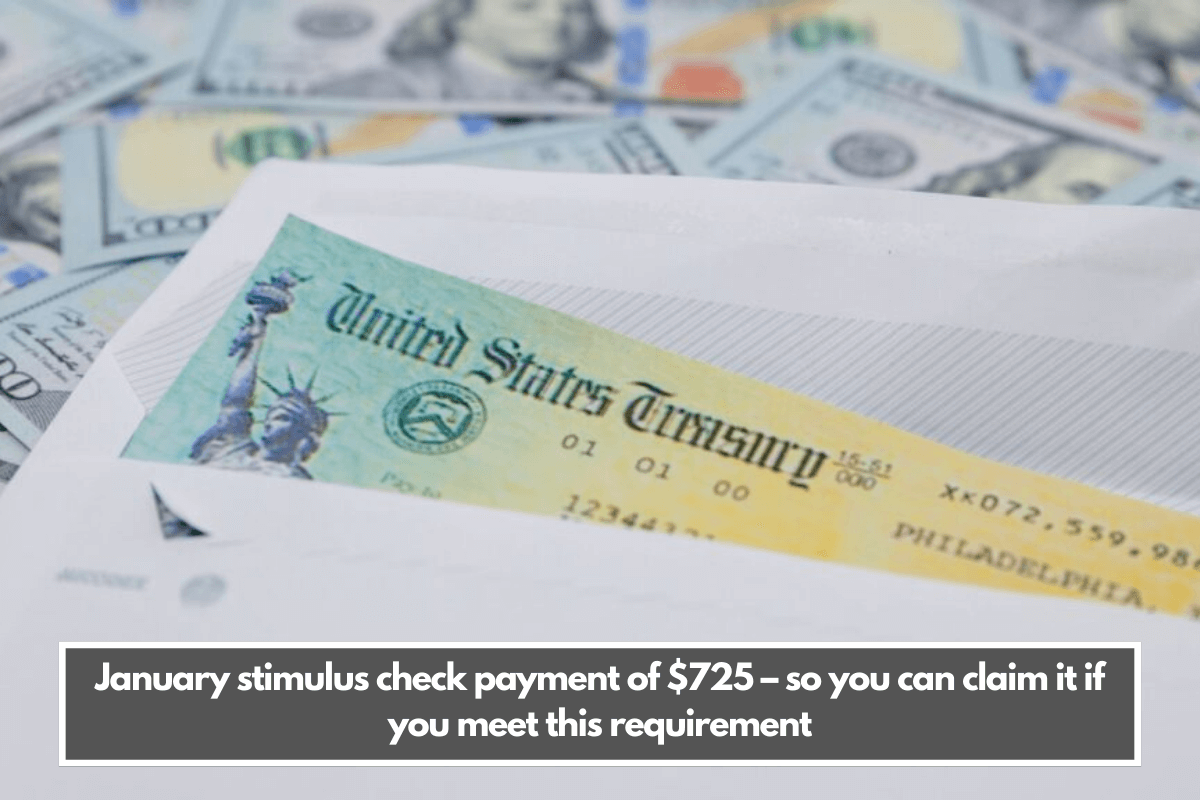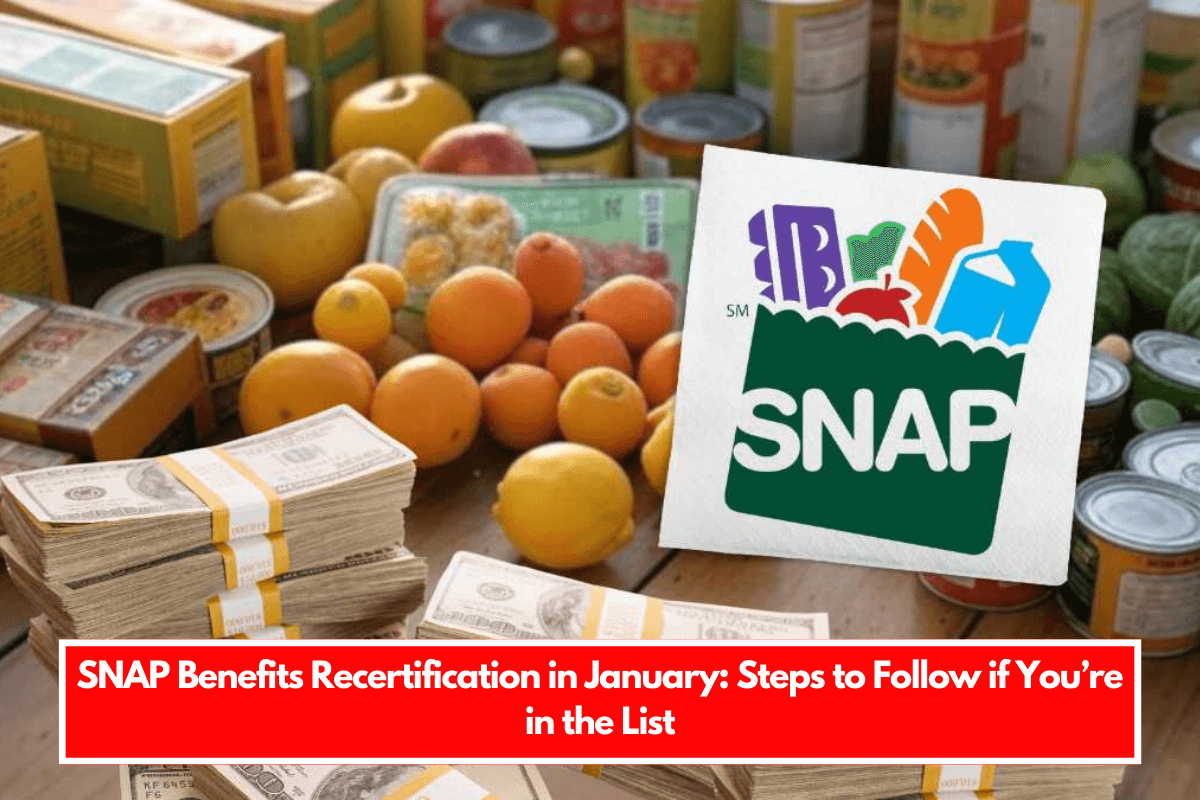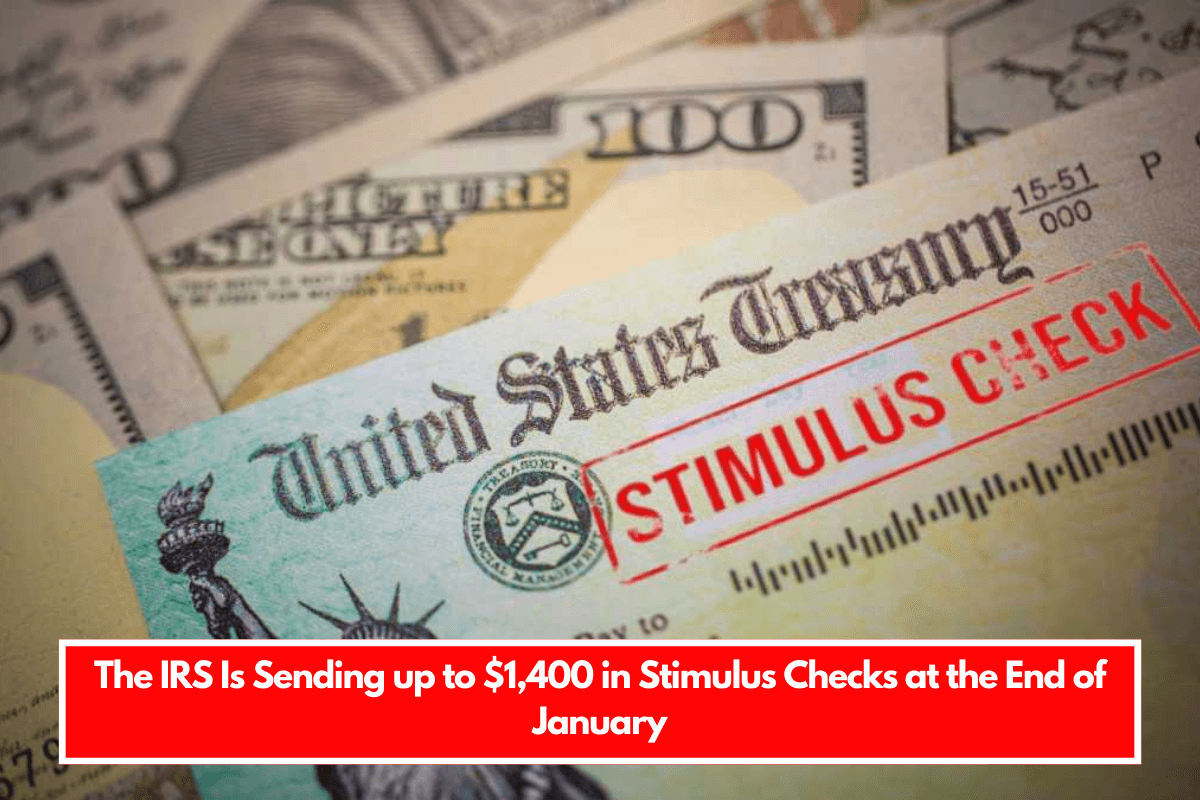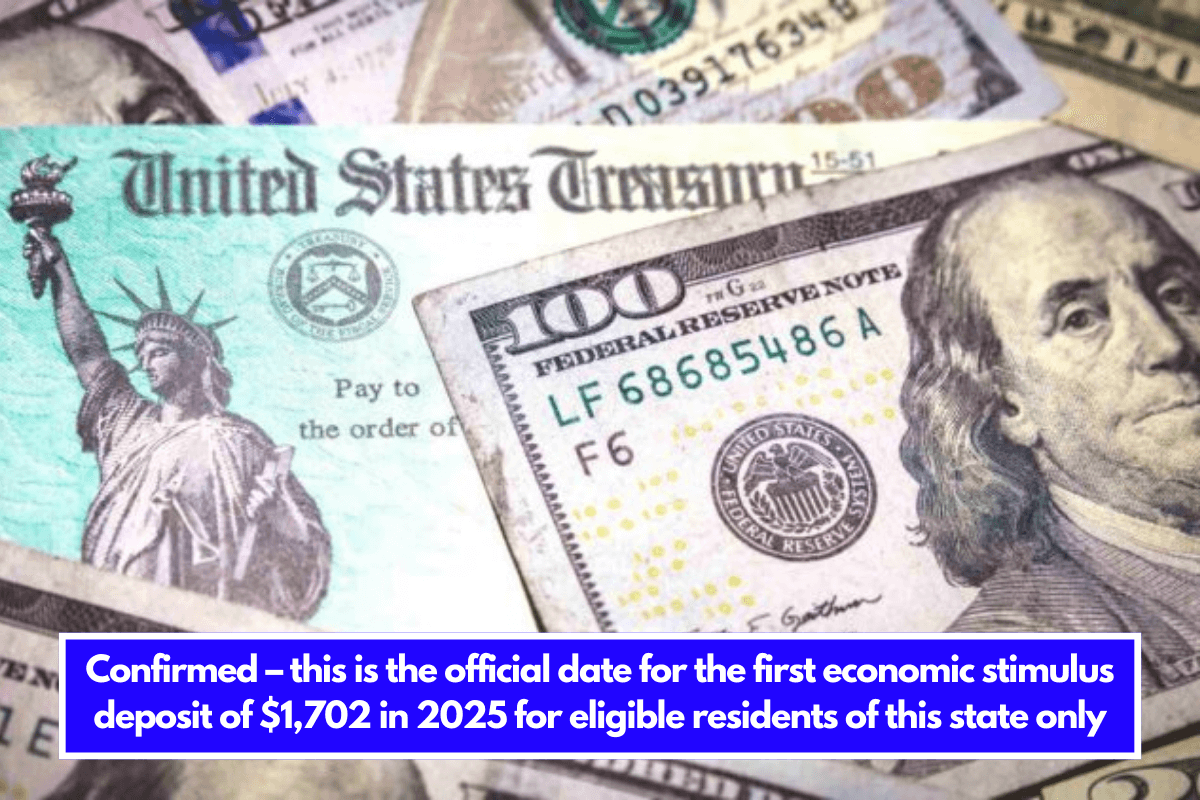The IRS has issued a critical warning for high-income filers about a rising threat: fraudulent charitable contribution schemes. These scams, often disguised as legitimate opportunities, can lead to severe financial and legal consequences. Here’s what you need to know to stay safe and compliant with tax laws.
Rising Threats
Charitable contribution scams are proliferating across the United States, targeting high-income taxpayers. Scammers promote schemes involving “donations of ownership interest in closely held businesses,” often marketed as “Charitable LLCs.” These arrangements are flagged by the IRS as abusive transactions.
IRS Warning
The IRS reminds taxpayers that they are always responsible for the accuracy of the information reported on their tax returns. Falling for these schemes could lead to:
- Incorrect reporting of deductions.
- Legal trouble for participating in abusive tax transactions.
High-income filers should ensure their charitable contributions comply with IRS rules and federal laws to avoid being implicated in these fraudulent activities.
Consequences of Abusive Transactions
Participating in an abusive scheme to reduce tax liability can lead to severe penalties. The IRS outlines potential consequences:
- Assessment of Correct Tax Owed: The IRS will recalculate your liability.
- Interest and Penalties: Additional costs will be added to your owed taxes.
- Fines: Financial penalties may be substantial.
- Imprisonment: In extreme cases, criminal charges could result in jail time.
What Charities Should Know
Charities are also at risk and must exercise caution. Promoters of these schemes often tempt organizations with false deductions or questionable donations, which can jeopardize the charity’s integrity and compliance.
How Scammers Operate
The schemes typically involve setting up limited liability companies (LLCs) and donating ownership interests to a charity. In some cases, scammers retain control over the charity that receives the donation, creating a fraudulent facade to claim false deductions.
Proper Deduction Guidelines
The IRS allows taxpayers to deduct legitimate donations of closely held business interests, but only under strict conditions:
- The transaction must follow IRS rules.
- The donor must relinquish control over the donated assets.
- The charity must operate independently of the donor’s influence.
Protect Yourself
To avoid falling victim to these scams:
- Verify the Charity: Ensure the organization is legitimate and IRS-approved.
- Consult Professionals: Work with trusted tax advisors and attorneys.
- Avoid Suspicious Promoters: Steer clear of anyone promoting questionable schemes.
- Report Suspicious Activity: Contact the IRS if you suspect fraudulent activity.
Key Takeaways
High-income filers and charities must remain vigilant against fraudulent schemes involving charitable donations. Following IRS rules and seeking professional advice can protect you from penalties, fines, and legal trouble.
FAQs
What are Charitable LLCs?
Fraudulent schemes involving ownership interest donations.
Who is targeted by these scams?
High-income filers are the primary targets.
What happens if I participate?
You could face penalties, fines, or even imprisonment.
Can I deduct business interest donations?
Yes, but only if the transaction follows IRS rules.
How do I verify a charity?
Check the IRS-approved list of charitable organizations.


















